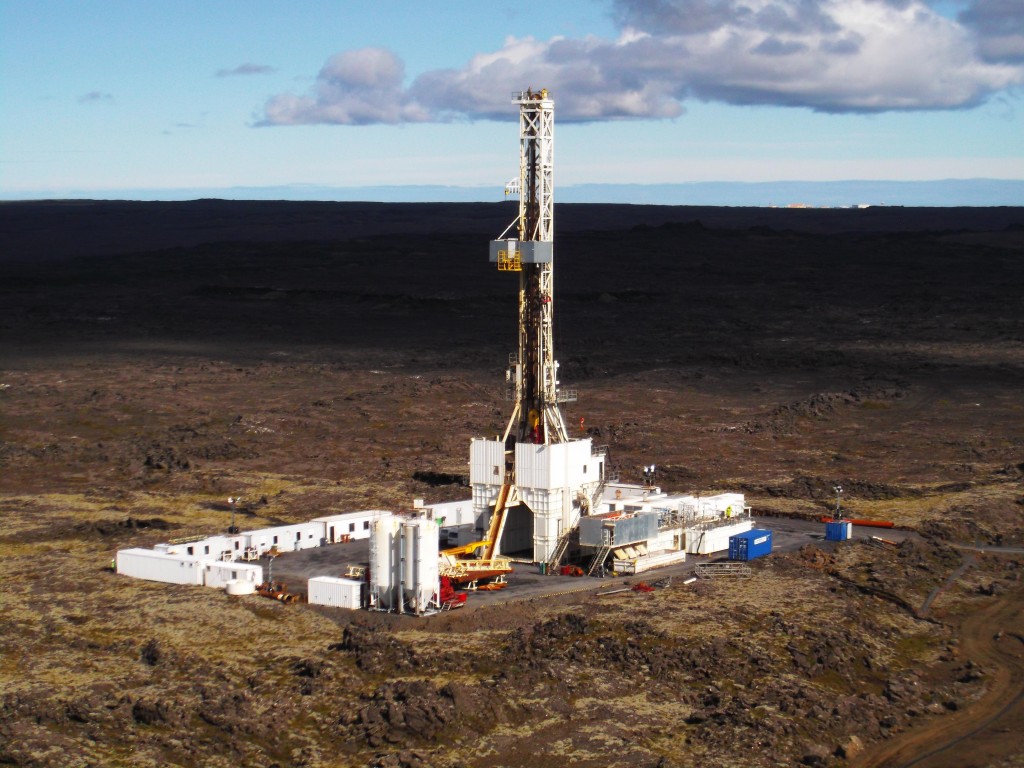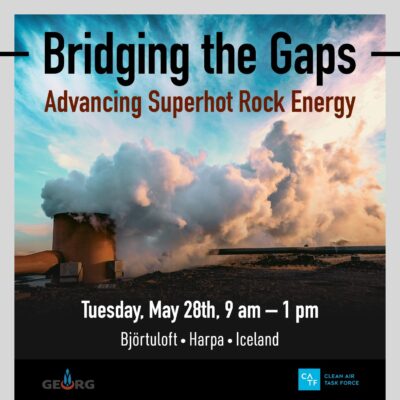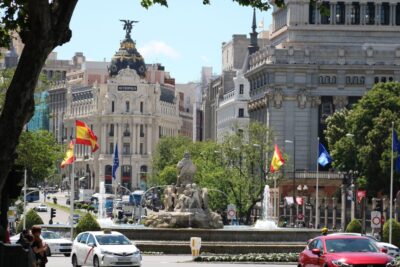Drilling begun on Iceland Deep Drilling Project exploring new frontiers for geothermal
The Iceland Deep Drilling Project (IDDP) has started drilling drilling on the Reykjanes peninsula in Iceland, as the project partners have announced.
The Iceland Deep Drilling Project is a milestone research project to explore if and how drilling in and utilising super critical hot temperatures could be used for power generation. Work on the well started earlier this month and casing and cementing of the IDDP-2 well to 3 km depth has now been completed. Drilling into the unknown depth has now started.
In a press statement by one of the partners in the project, Norwegian Statoil, states that Statoil [is part of that research] to test the technological and economic viability of this resource. The geothermal research well on Iceland is an important part of this work.
The concept of the research well at Reykjanes is to explore the opportunity to extract renewable energy by drilling wells into reservoirs with high-temperature water heated by the earth’s magma.
The well will be the world’s hottest geothermal production well. The drilling involves deepening of an existing geothermal well down to 5 km depth at the Reykjanes site operated by HS Orka. At this depth superheated steam can be brought to the surface at 400-500°C and used for efficient electricity production in steam turbines.
Iceland is a world leader in electricity production from geothermal energy and working close together with our partners is of great value to Statoil. Further research will be determined after this project”.
The drilling operation is expected to be completed by the end of 2016 at which point the project will enter into a two and a half year test period, where the objective is to confirm reservoir performance, well integrity and power production potential.
Source: Statoil


















